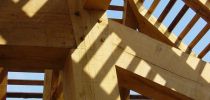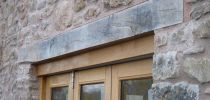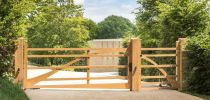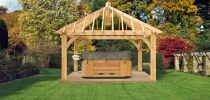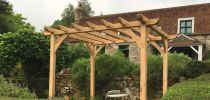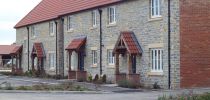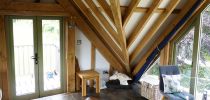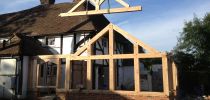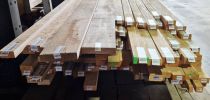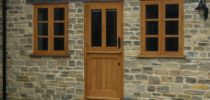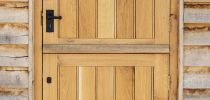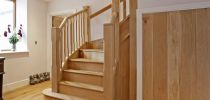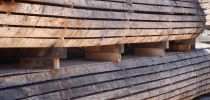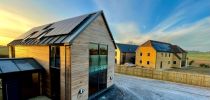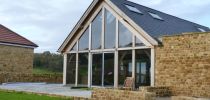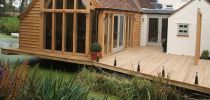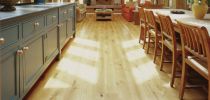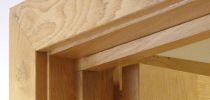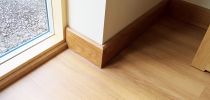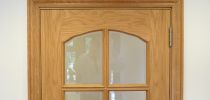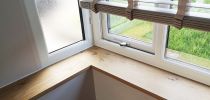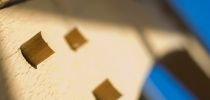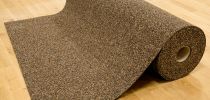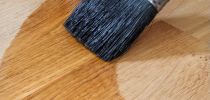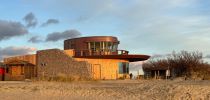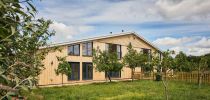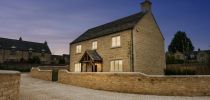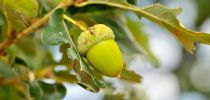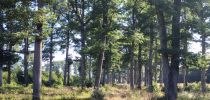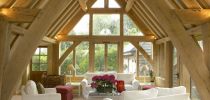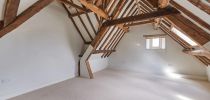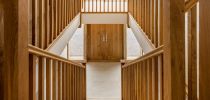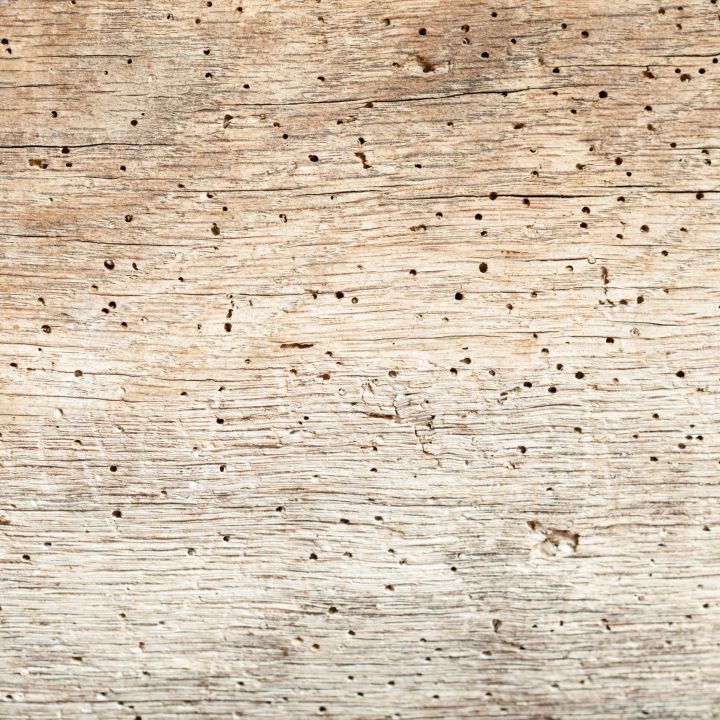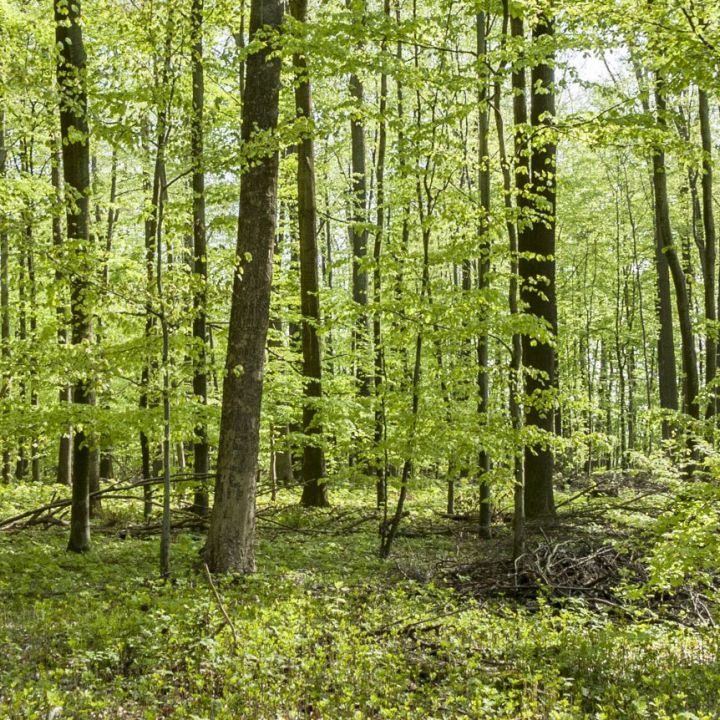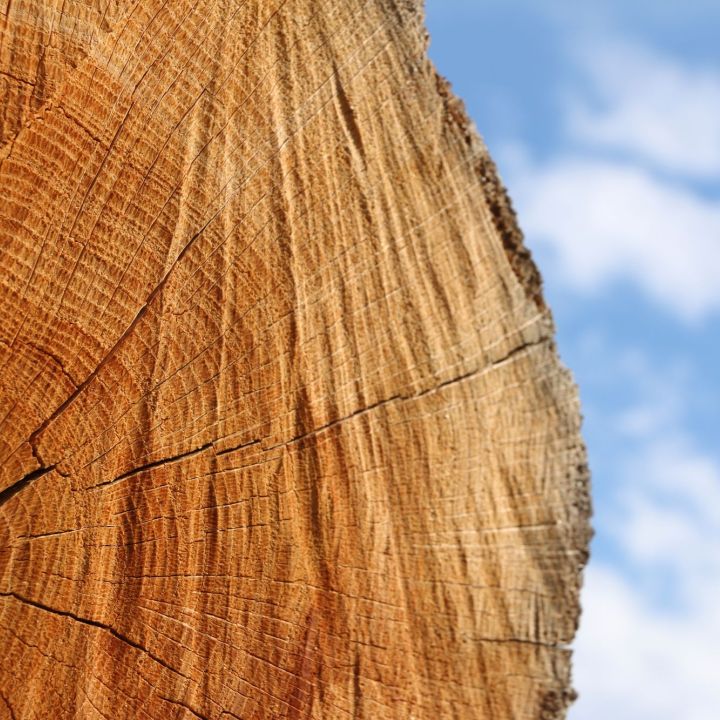

English, American, and European Oak
What's the difference between each?
9th October 2023
Oak is one of the most revered and widely used woods in the world, and it plays a significant role in various industries, from construction to woodworking, and from interiors to winemaking. The most common types of oak are English (typically referred to as Quercus robur), American (typically referred to as Quercus alba), and European (typically referred to as Quercus petraea), each with slightly different characteristics, aesthetic properties, and applications.
Both Quercus robur and Quercus petraea are grown in France, with Quercus petraea generally more dominant, especially in forests and high-quality timber production areas. The majority of oak that we import from France is Quercus robur.
While English Oak and European Oak are distinct species, their similarities often outweigh their differences in practical applications. Both are native to Europe, share comparable physical properties, and are used interchangeably in various industries. The primary distinctions arise from their growth conditions and regional availability. English Oak, often sourced from estates and unmanaged woodlands in the UK, may exhibit more characterful grain patterns due to less intensive forest management.
Let’s have look at each of the species in more detail and learn why they are specified into different environments.
European Oak (Quercus petraea)
European oak, or sessile oak, is indigenous to Europe and is commonly distributed in Western, Central, and Southern Europe. It is typical in drier, well-drained soils, particularly in hilly or mountainous regions
European Oak is moderately dense, offering a balance between strength and workability, and exhibits a variable grain pattern, with some boards displaying a straight grain while others have a wilder, more irregular grain.
The heartwood ranges from light brown to pale yellow with pink or reddish tones and it has a subtle, slightly sweet aroma.
Distinctive grain patterns and a softer colour palette lend elegance and sophistication, meaning European Oak is popular in furniture design and high-end joinery, as well as visual architectural elements. It is also valued in European winemaking, offering a subtler oak influence in wines than its English or American counterparts.
European Oak is typically competitively priced, as it is widely available in European markets, and is often chosen for its balance of cost-effectiveness and quality.
English Oak (Quercus robur)
English Oak, also known as pedunculate oak, is native to Europe and can be found in the British Isles, France, and other parts of Western and Central Europe. It is common in lowland areas, floodplains, and areas with wetter soils.
It typically displays a straight, fine grain pattern and is moderately dense, offering strength and durability. The heartwood ranges from light to medium brown, with distinctive golden hues, and it has a mild, pleasant odour.
English Oak is known for its warm, classic appearance, so is a preferred choice in traditional furniture making, flooring and architectural applications. It is also prominent in shipbuilding, especially for its water-resistant properties.
Generally considered more expensive due to limited supply, English Oak is prized for its historical significance and traditional uses.
American Oak (Quercus alba)
American oak, often referred to as white oak, is primarily found in North America, with notable sources in the United States, particularly in the eastern regions. It prefers a variety of soils and is widely cultivated in the Appalachian Mountains.
It often features a tighter, straight grain pattern than English Oak and the heartwood is light to medium brown, with more pronounced golden and reddish hues.
American Oak is dense, providing excellent stability and strength and has a stronger, more distinctive aroma compared to English Oak.
Widely used in fine woodworking, flooring, cabinetry, and cooperage, this species offers a striking blend of colour and grain pattern, often associated with luxury.
Typically more affordable than English Oak, it still remains highly sought after for its aesthetic appeal and versatility and is predominant in wine barrel production, imparting unique flavours and aromas to wines.
In summary
In summary, English Oak and European Oak are closely related species with overlapping characteristics, making them highly suitable for a wide range of applications. While subtle differences exist — mainly influenced by regional growth conditions and forest management practices — both types of oak offer exceptional quality, strength, and aesthetic appeal.
Compared to American Oak (Quercus alba), which tends to have a coarser grain and a slightly different tannin profile, European and English Oak provide a more refined grain pattern and a classic golden hue, making them particularly desirable for furniture, joinery, and wine barrel production.
European Oak, with its varied grain patterns, is a cost-effective choice for various applications and therefore offers the most versatile solution across all industries.

